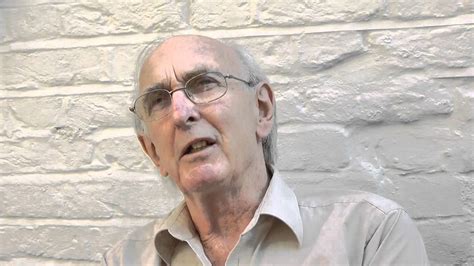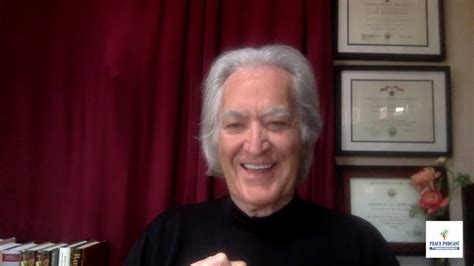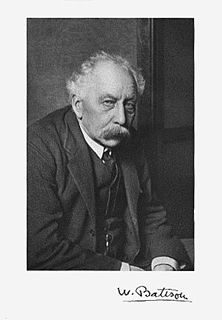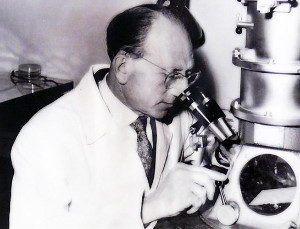A Quote by Francis Collins
Yes, evolution by descent from a common ancestor is clearly true. If there was any lingering doubt about the evidence from the fossil record, the study of DNA provides the strongest possible proof of our relatedness to all other living things.
Related Quotes
As commonly understood, creationism involves belief in an earth formed only about ten thousand years ago, an interpretation of the Bible that is still very popular. For the record, I have no reason to doubt that the universe is the billions of years old that physicists say it is. Further, I find the idea of common descent (that all organisms share a common ancestor) fairly convincing, and have no particular reason to doubt it.
The entire hominid collection known today would barely cover a billiard table, ... the collection is so tantalizingly incomplete, and the specimens themselves often so fragmented and inconclusive, that more can be said about what is missing than about what is present. ...but ever since Darwin's work inspired the notion that fossils linking modern man and extinct ancestor would provide the most convincing proof of human evolution, preconceptions have led evidence by the nose in the study of fossil man.
There are about 250,000 different species of fossil plants and animals known . . In spite of this large quantity of information, it is but a tiny fraction of the diversity that [according to the theory] actually lived in the past. There are well over a million species living today and . . [it is] possible to predict how many species ought to be in our fossil record. That number is at least 100 times the number we have found.
From the almost total absence of fossil evidence relative to the origin of the phyla, it follows that any explanation of the mechanism in the creative evolution of the fundamental structural plans is heavily burdened with hypothesis. This should appear as an epigraph to every book on evolution. The lack of direct evidence leads to the formulation of pure conjecture as to the genesis of the phyla; we do not even have a basis to determine the extent to which these opinions are correct.
I would, like any other scientist, willingly change my mind if the evidence led me to do so. So I care about what's true, I care about evidence, I care about evidence as the reason for knowing what is true. It is true that I come across rather passionate sometimes - and that's because I am passionate about the truth... I do get very impatient with humbug, with cant, with fakery, with charlatans.
Paleontologists [fossil experts] have paid an exorbitant price for Darwin's argument. We fancy ourselves as the only true students of life's history, yet to preserve our favored account of evolution by natural selection we view our data as so bad that we almost never see the very process we profess to study.
The belief that the animals exist because God created them - and that he created them so we can better meet our needs - is contrary to our scientific understanding of evolution and, of course, to the fossil record, which shows the existence of non-human primates and other animals millions of years before there were any human beings at all.
After the bare requisites to living and reproducing, man wants most to leave some record of himself, a proof, perhaps, that he has really existed. He leaves his proof on wood, on stone or on the lives of other people. This deep desire exists in everyone, from the boy who writes dirty words in a public toilet to the Buddha who etches his image in the race mind. Life is so unreal. I think that we seriously doubt that we exist and go about trying to prove that we do.

































